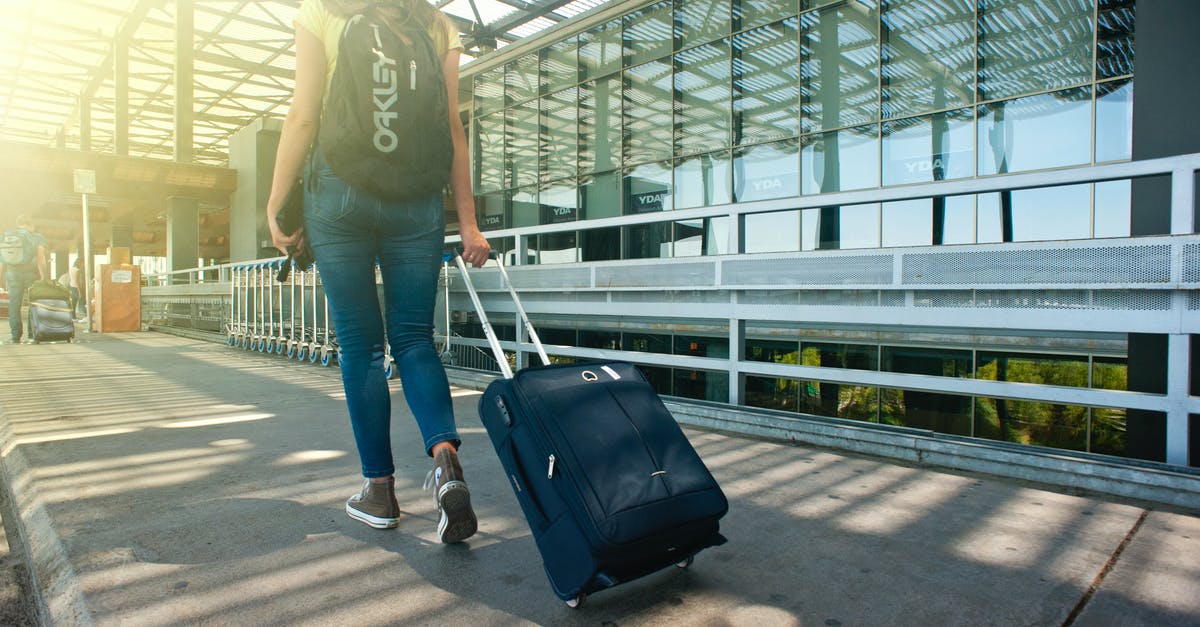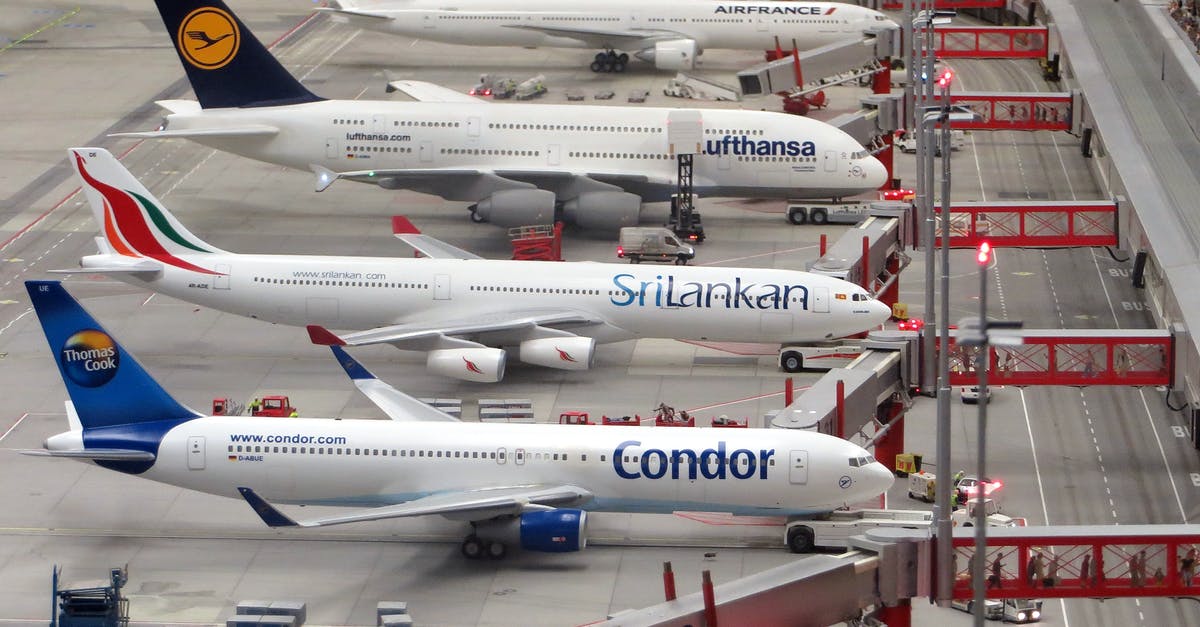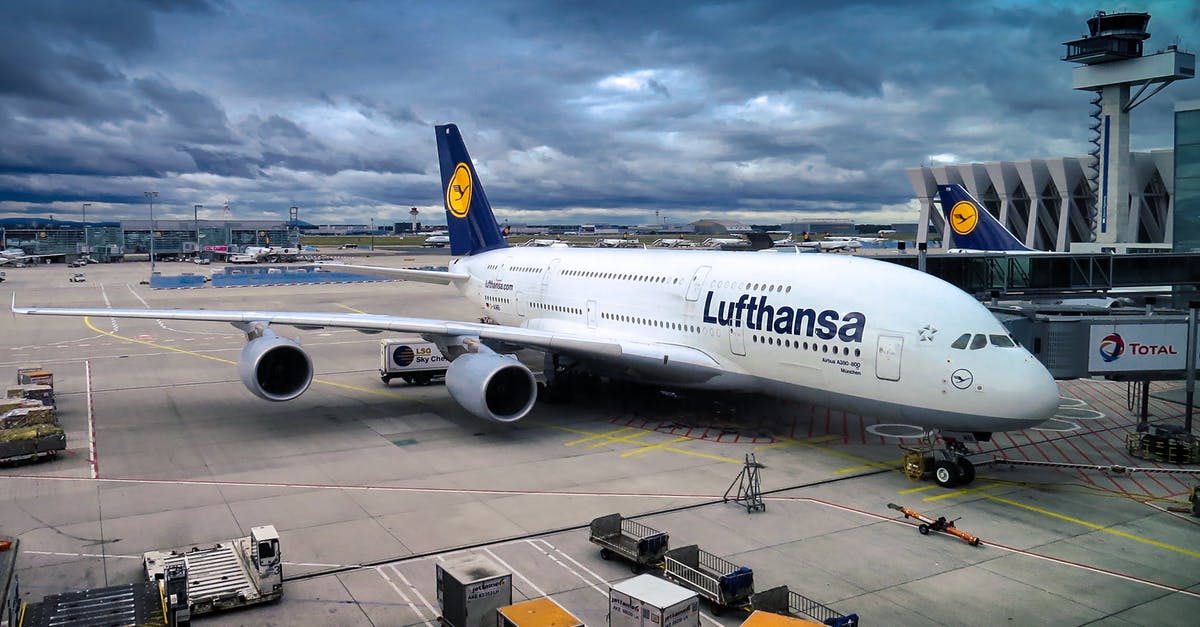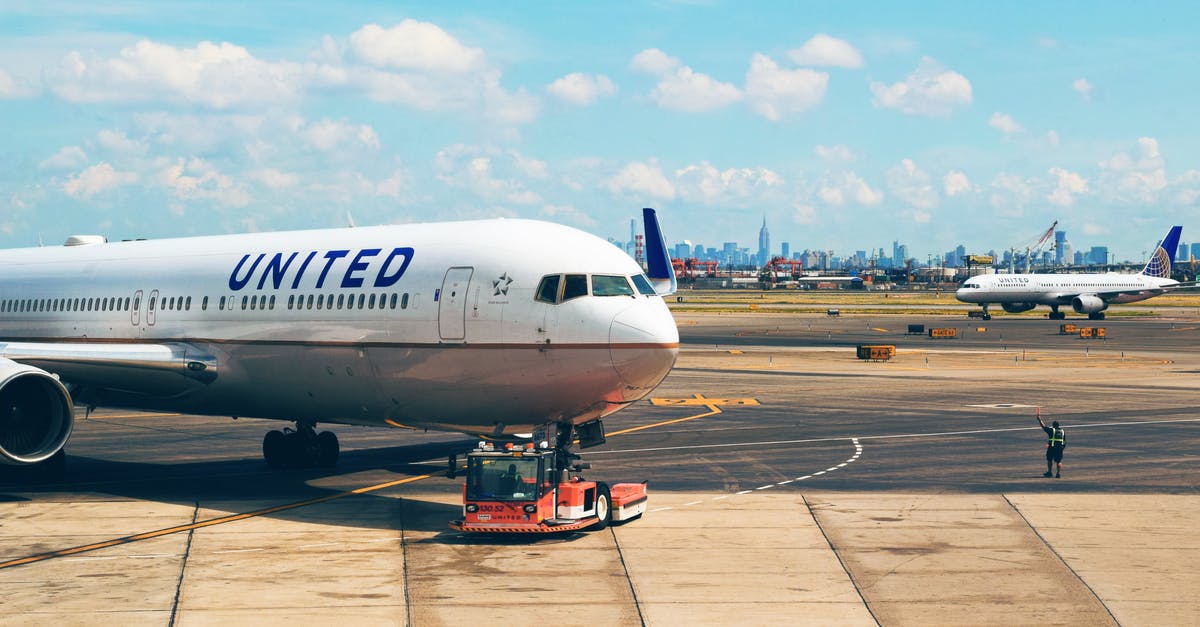Why do arrival and departure cards exist?

When I clear passport control in every country I've visited so far, one of the first things the officer does is scan my passport and pull up my info on his computer.
He then collects an arrival card from me that contains exactly the same info as what's in my passport, plus some info about my trip (duration of stay, address, etc.).
When I go to leave the country, I am (usually) required to then submit a departure card, which – unlike the arrival card – is 100% redundant with what's in my passport.
These pieces of paper are considered so important that travelers are not permitted to enter/leave the country without them.
What is their purpose, if most (all?) of the information on them can be collected from the passport?
Best Answer
Quite often it's for efficiency. Let's take the Australian arrivals card as an example, as it has quite a few questions compared with some.
Sample arrivals card for Australia
Some of the questions:
- Do you intend to live in Australia for the next 12 months?
- Do you have criminal convictions?
- Are you bringing in [food/drugs/medicine/money] into the country?
Now some of these are going to be simple 'no' answers for the most part, for most passengers. This saves customs people asking the same questions over and over again. Instead, when they see a 'yes', then they can ask. This speeds up the process for all, and more importantly, lets the customs people deal with the 'special cases' - the ones that actually matter and are what they are there for.
Do you intend to live in Australia? No = tourist. Yes = time to ask about how they support themselves, where they'll be working, etc.
Are you bringing in drugs? This one I occasionally answer yes due to the wording, as I have prescription drugs. I've sometimes been questioned on it, but usually the word 'prescription is enough'.
Now you might wonder what idiot with illegal drugs would say 'yes'. Fair enough. However sometimes the person doesn't realise their medicine from Timbuktu (random example) might be illegal or controlled substances in Australia. So it's necessary to ask to clarify, and when the person says yes, they might have a doctor prescribe them something controlled as a substitute which is allowed in the country.
Furthermore, in the event of a post-customs search of their bag, there's an additional legal benefit of asking these questions - it's made all passengers legally consider the question. And when you find drugs/food/etc in their bag, they can't say 'I didn't realise I had to declare it' - they literally just signed that they didn't have it on a form.
Now not every country has this. Some just want a place of address. I always used to be annoyed by this, especially after seeing someone use the address from Pretty Woman. Until I left my luggage at the airport (took the wrong bag), and they were able to contact me on this. While chatting to them about it (the address was the one on my bag), we were talking about the other ones and the arrival one can be used in case of emergency too. If, given the current Ebola scare, for example, a passenger on your flight was found to have it, this gives them a means to attempt to contact you to check for early symptoms and limit exposure.
So yes, they're tedious, but they do still serve a variety of purposes - for record-keeping, efficiency and legal documentation.
Pictures about "Why do arrival and departure cards exist?"



What is arrival and departure card?
Depending on the jurisdiction, an immigrant will be issued a card that both has an arrival and departure portion where both share a common serial/control number to facilitate identification. The traveller is usually required to retain the latter in his passport and use that same card to exit the country.What is a landing card for immigrants?
An arrival card, also known as an incoming passenger card, landing card or disembarkation card, is a legal document used by immigration authorities of many countries to obtain information about incoming passenger not provided by the passenger's passport (such as health, criminal record, where they will be staying, ...What is Philippines departure card?
They are regarded as a legal document used to obtain information from travelers which are not provided in their passports and provide additional record of a person's entry and departure to and from a particular country.How do I refill my departure card?
In the new cards, passengers are asked to write their full name, nationality, passport number, contact number, flight/voyage number, the purpose of the trip, occupation, port of exit/destination, and their address here and abroad.TM6 arrival departure card Thailand
More answers regarding why do arrival and departure cards exist?
Answer 2
Entry / exit cards are partly legacy and partly legal.
Border control is a massive bureaucracy, it is very difficult to get then to change a process unless the responsible minister is an aggressive, autocratic modernizer with Darth Vader's style of office management. Yes, it would be possible to join the departure card process to the passport scan, but they keep the cards - they can't keep your passport. The joining process would cost a lot, benefit a small number of people (mostly non-tax-paying visitors) and eventually result in all the card processing people being laid off.
The other part is legal - notice you signed the card, making it a binding legal document. The 'obvious' questions that no one would answer "yes" to, like "are you carrying any prohibited items" are to cement the case against you if you do have any prohibited items. You can arrive in most countries with goods that are illegal there (but legal at your departure country) and declare them with no side effects other than possibly losing the items. If you say you don't have anything they can do you for smuggling. Scanning your passport at a self-service kiosk isn't the same.
Canada has an entry card, if you have a Canadian passport you put it straight into a scanner yourself thus automating about half the process. The computer makes the simple decisions and then rolls the dice for random inspection. But you do have to sign it first. Canada gets all their exit data from the airlines (they don't care about much when you leave. Have a nice flight, eh.
Sources: Stack Exchange - This article follows the attribution requirements of Stack Exchange and is licensed under CC BY-SA 3.0.
Images: Oleksandr Pidvalnyi, Pixabay, Pixabay, Tim Gouw
